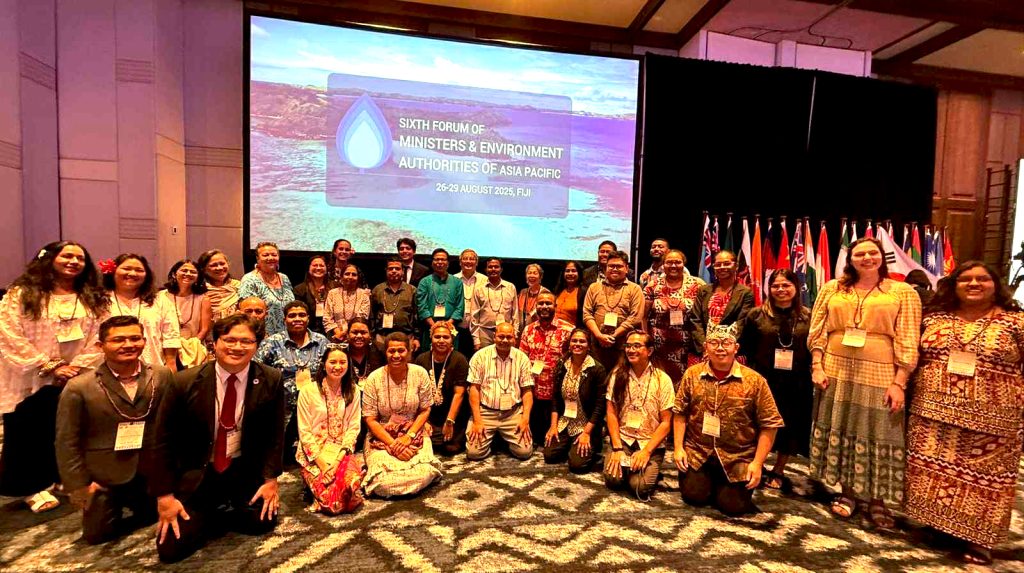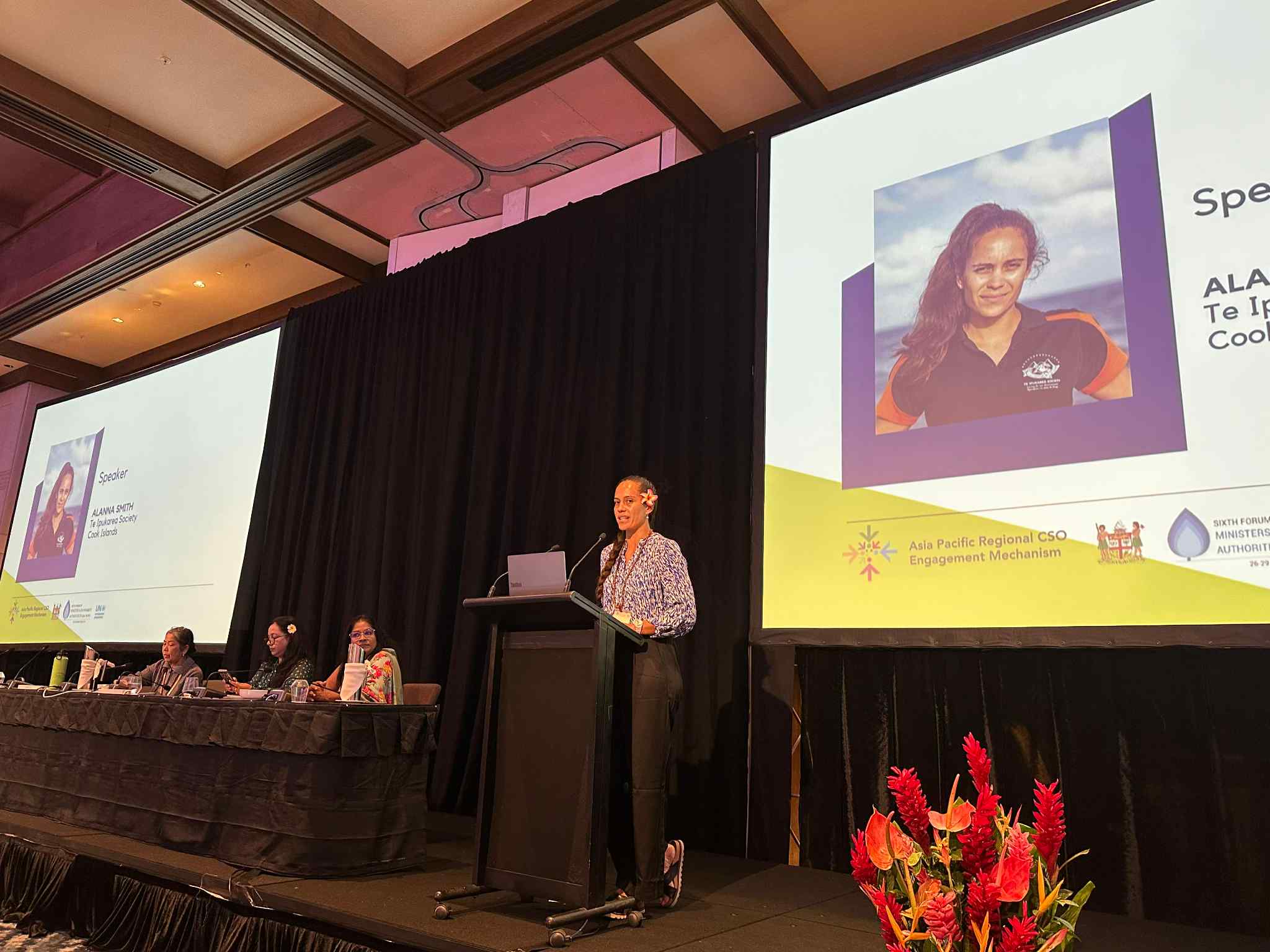Te Ipukarea Society speaks out at regional United Nations environment meeting
This past week Alanna Smith, director of Te Ipukarea Society, attended the United Nations Environment Program (UNEP) Major Groups and Stakeholders Meeting held in Fiji.
While there she joined as an observer to the Sixth Forum of Ministers and Environment Authorities of the Asia Pacific. This was a stakeholder meeting to discuss regional environmental priorities and contributions for the seventh session of the United Nations Environment Assembly (UNEA-7) to be held in Kenya in December 2025.
Alanna was able to make an intervention at this meeting related to the impending risk of deep seabed mining to the region, which we certainly do not view as a “sustainable solution to a resilient planet” which is the theme for UNEA7.
The text of her intervention is below:
Thank you, Mr Chair,
I am speaking on behalf of Te Ipukarea Society, an Environmental NGO based in the Cook Islands.
We welcome the statement in the draft Ministerial Declaration to take bold actions to address global environmental crises of our time.
I want to alert the floor that this draft has the opportunity to prevent a new crisis before it even starts. That is the unproven industry of deep sea mining.
Te Ipukarea Society stand in solidarity with our Pacific brothers and sisters, and with the growing global movement calling for a moratorium on deep sea mining.
1. Lack of independent scientific research
At this time, there is insufficient independent scientific research to properly understand the full impacts of deep sea mining on marine ecosystem services. The ocean is Earth’s last great frontier – and we are still just beginning to understand its complexity. To proceed with industrial-scale mining in such a fragile and poorly understood environment is not just premature – it is irresponsible.
We are concerned that much of the current research is industry-funded and fails to reflect a holistic understanding of long-term ecosystem disruption.
A moratorium would allow time for comprehensive, independent scientific research to fully understand the environmental, social and economic implications.
2. Failure to ensure Free, Prior and Informed Consent (FPIC)
For Indigenous peoples and local communities across the Pacific, Free, Prior, and Informed Consent is not just a checkbox – it is a right. Yet, in many cases, this principle is not being upheld. Communities are often not adequately informed, and consultation processes – where they exist – are superficial and rushed.
Supporting a moratorium would allow the time to ensure FPIC is genuinely upheld to truly reflect the will of Indigenous and local peoples.
3. Irreversible and long-term environmental damage
We know deep sea mining will cause irreversible damage to ecosystems that have taken millennia to form. These ecosystems are interconnected with oceanic processes that influence climate regulation, carbon storage and biodiversity. Disturbing these systems may have cascading effects far beyond the mining zones, including in areas critical to our fisheries, livelihoods and cultural identity.
Supporting a moratorium on deep sea mining gives us time to learn more, set strong, environmental rules and make smart, informed decisions, rather than causing damage we may regret later.
Thank you chair.


